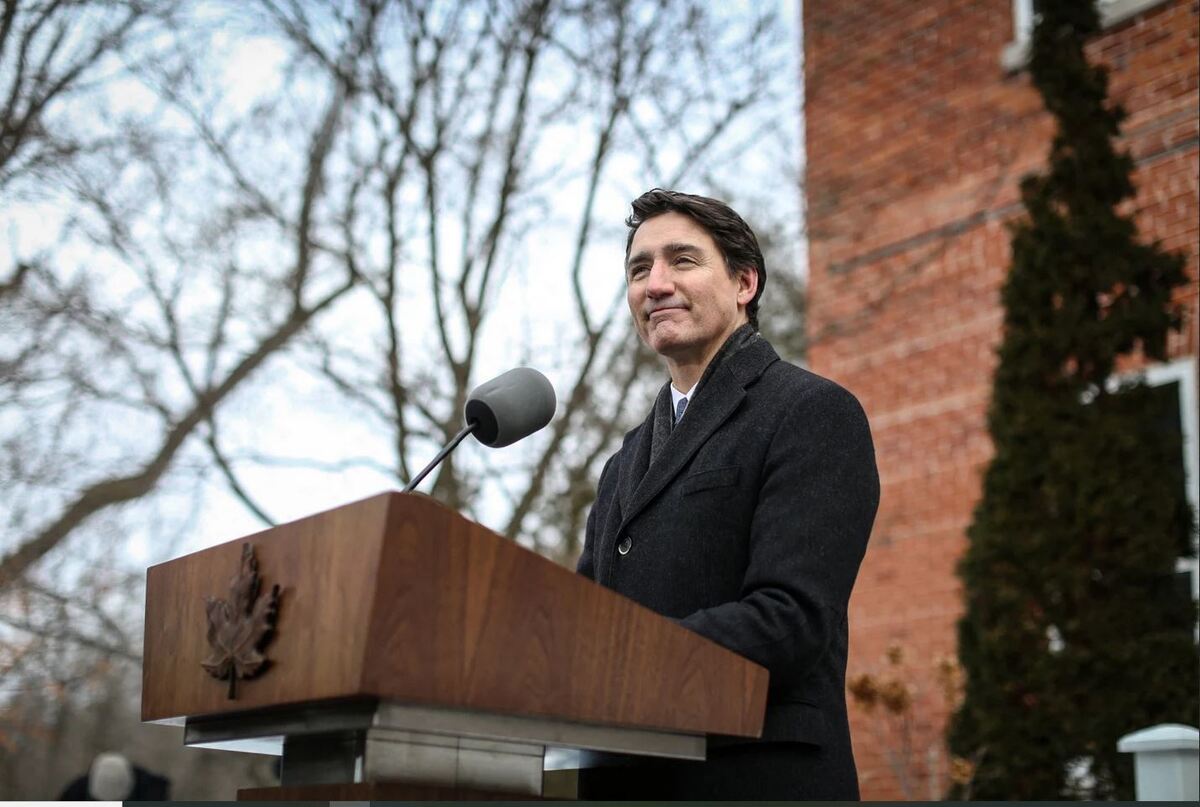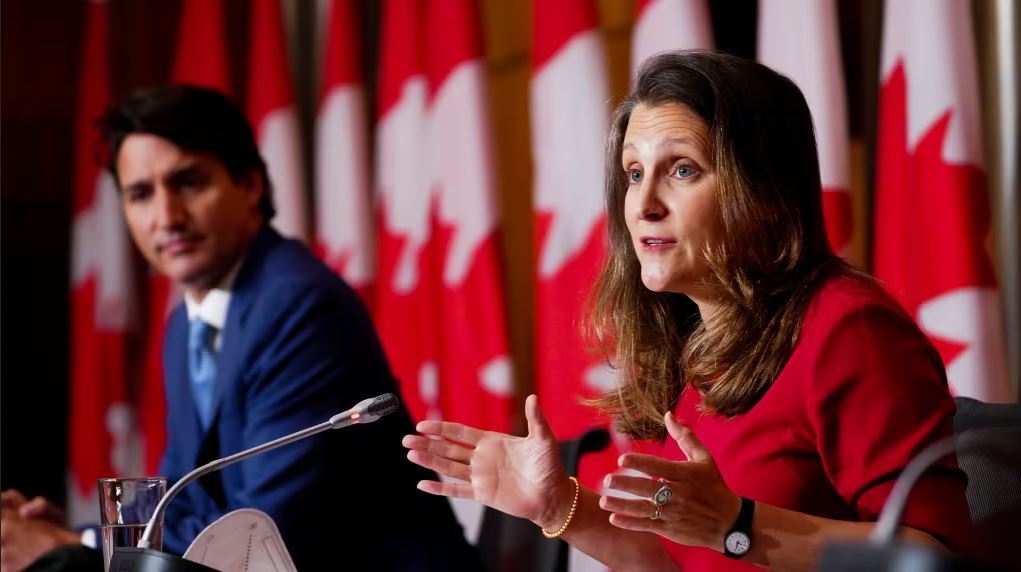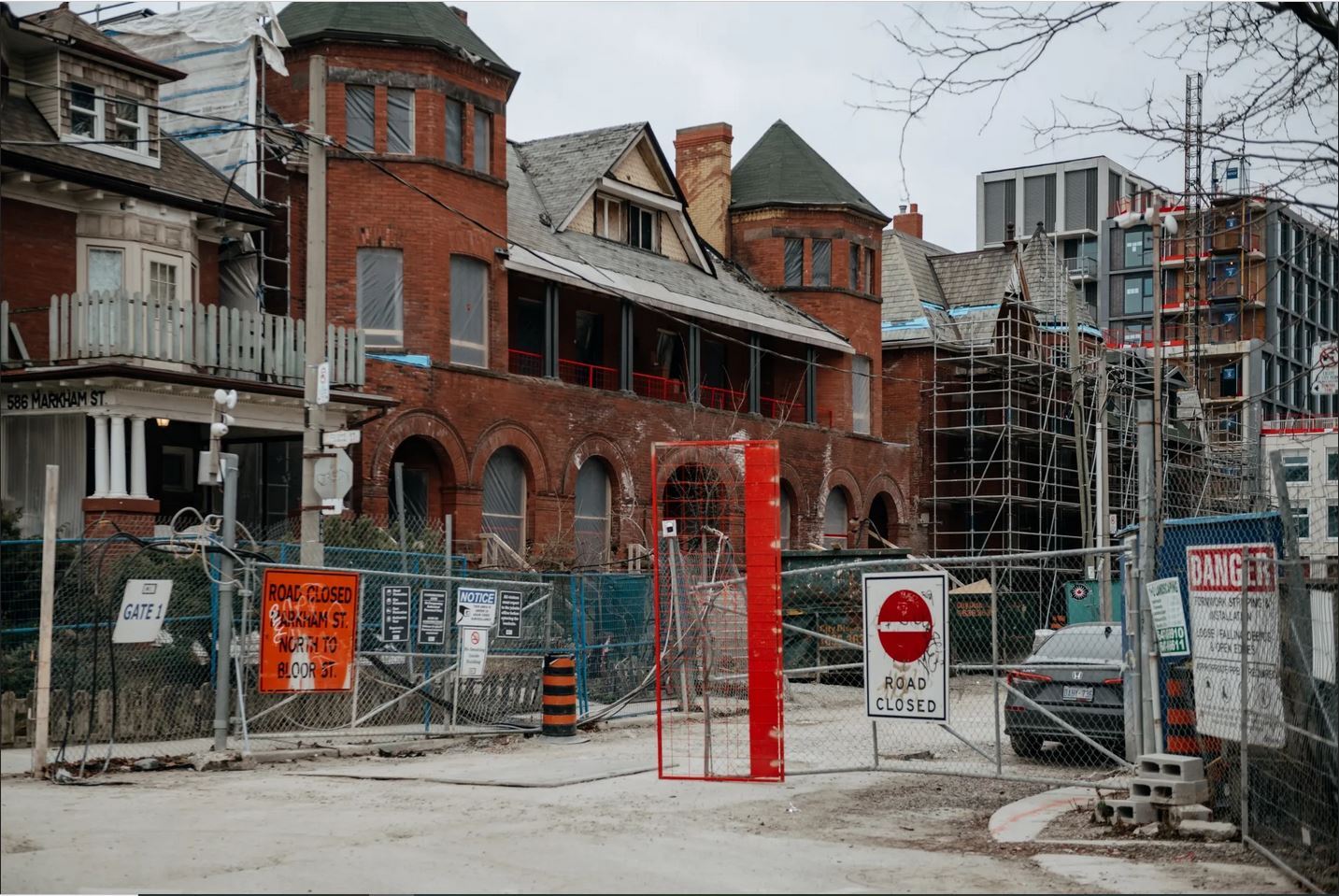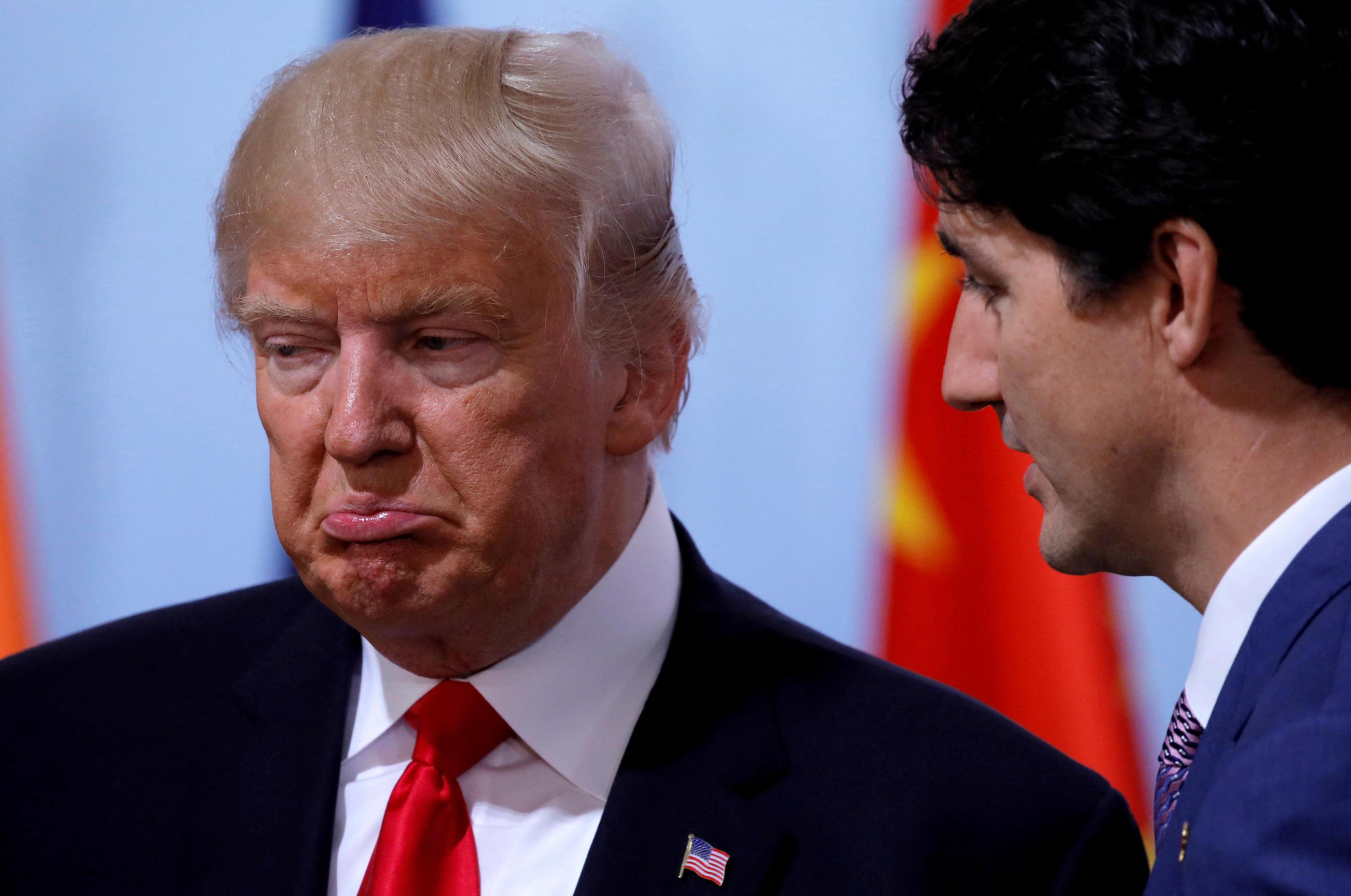Trudeau's resignation and the chaotic state of Canada's ruling party

Canadian Prime Minister Justin Trudeau announced his resignation amid growing discontent with him and after the abrupt resignation of his finance minister, a sign of growing turmoil in the government.
Trudeau announced his intention to step down after nine years as the Liberal leader, but will remain in office until the party chooses a replacement.
He, who has been under intense pressure from Liberal lawmakers to step down, told a news conference that parliament would be suspended until March. That means Trudeau will still be prime minister on Jan. 20, when US President-elect Donald Trump takes office.
Meanwhile, the Washington Post reported on Canada's future after Trudeau's resignation, saying his successor will face many challenges
Trudeau, who came to power in 2015 with the promise of "sunny paths," was known around the world as a champion of liberalism and progressive politics. This senior Canadian politician was re-elected as prime minister in 2019 and 2021.
While it is rare in Canadian politics for a prime minister to win four consecutive elections, his popularity has long been on the decline.
Reason for Trudeau's resignation
Following the coronavirus pandemic, Trudeau's popularity had been declining for a while, much like that of many Western leaders today. He was dealing with issues like rising interest rates, a nationwide housing shortage, opposition to immigration laws, and voter discontent with the price of goods.
Pierre Poilier, a populist leader and Trudeau's fiercest political opponent, also held the government accountable for the nation's economic problems.

According to the Washington Post, Justin Trudeau is facing mounting pressure to leave his Liberal Party following the resignation of Finance Minister and Deputy Prime Minister Chrystia Freeland.
Freeland said Trudeau had fired her as finance minister and offered her a new cabinet, but she viewed it as a demotion and resigned. She also said she was not prepared to face the administration of US President-elect Donald Trump.
Possible successors
The Washington Post reported that Dominique LeBlanc (Finance Minister), Mélanie Joly (Foreign Minister), François-Philippe Champagne (Innovation Minister) and Freeland were among the candidates to succeed Trudeau.
The American newspaper added that there were also several foreign figures who may be considering a run. Former British Columbia premier Christy Clark and former Bank of Canada and Bank of England governor Mark Carney are on the list.

Challenges of the new prime minister
The next leader will take on a long list of challenges, including skyrocketing commodity prices and a housing shortage.
The new prime minister will also face discontent among Canadians and a new U.S. president who has promised to impose heavy tariffs.
Reports suggest that Trudeau’s successor may be able to stay in office for a short time, as many Canadian politicians and officials seek a new election.
Canada-U.S. relations
Bilateral relations between Canada and the United States suffered during the first term of the Trump administration but have improved under current U.S. President Joe Biden, with White House spokeswoman Karin Jean-Pierre calling Trudeau a "strong friend of the United States" yesterday.
Many economists and former government officials in Canada see President-elect Donald Trump as an existential threat to their country.

Trump has threatened to impose 25 percent tariffs on Canadian goods on his first day in office if Canada does not curb what he calls an "invasion" of drugs and immigrants. Analysts say such measures would deal a devastating blow to the Canadian economy, potentially sending the country into recession.
Trump has also previously mockingly referred to Trudeau as the governor of the "51st state." Canadian officials have tried to dismiss the taunts as jokes, but others see them as a threat to Canadian sovereignty and say the government has not responded adequately to the issue.